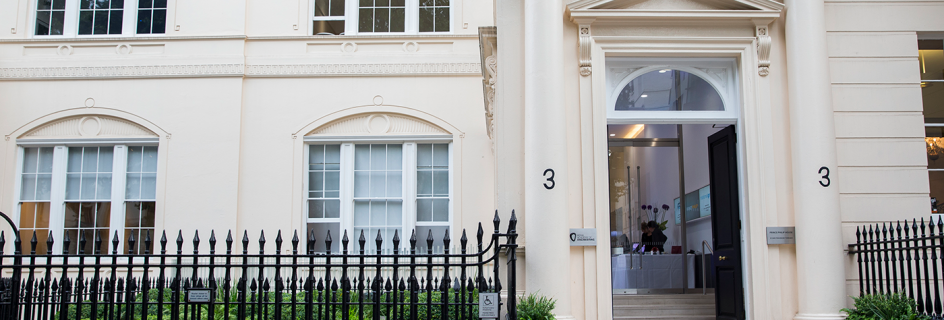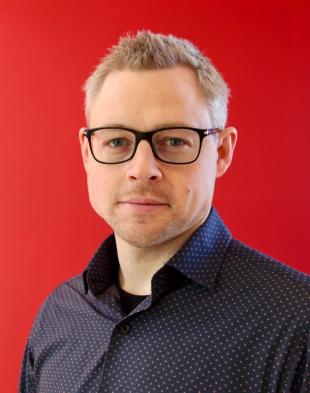Post date:
Fire safety engineering researcher Professor Luke Bisby has been elected a Fellow of the Royal Academy of Engineering (RAEng), in recognition of his exceptional contributions to his sector.
Each year the RAEng elects a limited number of Fellows for their remarkable achievements across their respective fields, including as innovation leaders and inspiring role models to the engineers of the future.
Professor Bisby, who is Chair of Fire and Structures and Head of Research Institute for Infrastructure and Environment at the School of Engineering, was admitted to the RAEng alongside 68 other Fellows at the Academy’s Annual General Meeting on Wednesday 22 September.
Career and contribution
Professor Bisby is a world-renowned researcher in both fire safety and the use of polymer composite materials in construction. His work lies at the interface between material science, structural, and fire engineering - directly influencing policy, design guidance, testing methods and standards, and regulations internationally.
He is a recognised leader in forensic fire analysis, notably instructed as expert witness to the Grenfell Tower Inquiry, while his editorial and educational leadership have generated new approaches in engineering education and fire-safe design.
Professor Bisby is also active in strategically raising the profile of engineering and engineers through public engagement – for example, as a positive role model for aspiring engineers in his presenting roles on the TV series Impossible Engineering and When Big Things Go Wrong.
A world-recognised authority on fires in engineered timber structures, Professor Bisby also appeared in a 2020 BBC documentary about the race to save Notre Dame cathedral, explaining how the fire spread, why delays in tackling it were so critical, and how similar scenarios might be prevented in the future.
Engineering for all
Commenting on his election, Professor Bisby said: “I am honoured and humbled to be elected as a fellow of this charitable organisation, particularly given its mission of harnessing the power of engineering ‘to build a sustainable society and an inclusive economy that works for everyone’.
“I hope to work within the Royal Academy of Engineering specifically to achieve this stated mission. For everyone."
“Best of the best”
Sir Jim McDonald FREng FRSE, President of the Royal Academy of Engineering, said: “Our Fellows represent the best of the best in the engineering world, and we welcome these 69 excellent and talented professionals to our community of businesspeople, entrepreneurs, innovators and academics."
This year’s new Fellows are the first to reflect the Academy’s Fellowship Fit for the Future initiative announced in July 2020, to drive more nominations of outstanding engineers from underrepresented groups ahead of its 50th anniversary in 2026.
This initiative will see the Academy strive for increased representation from women, disabled and LGBTQ+ engineers, those from minority ethnic backgrounds, non-traditional education pathways and emerging industries, and those who have achieved excellence at an earlier career stage than normal.




